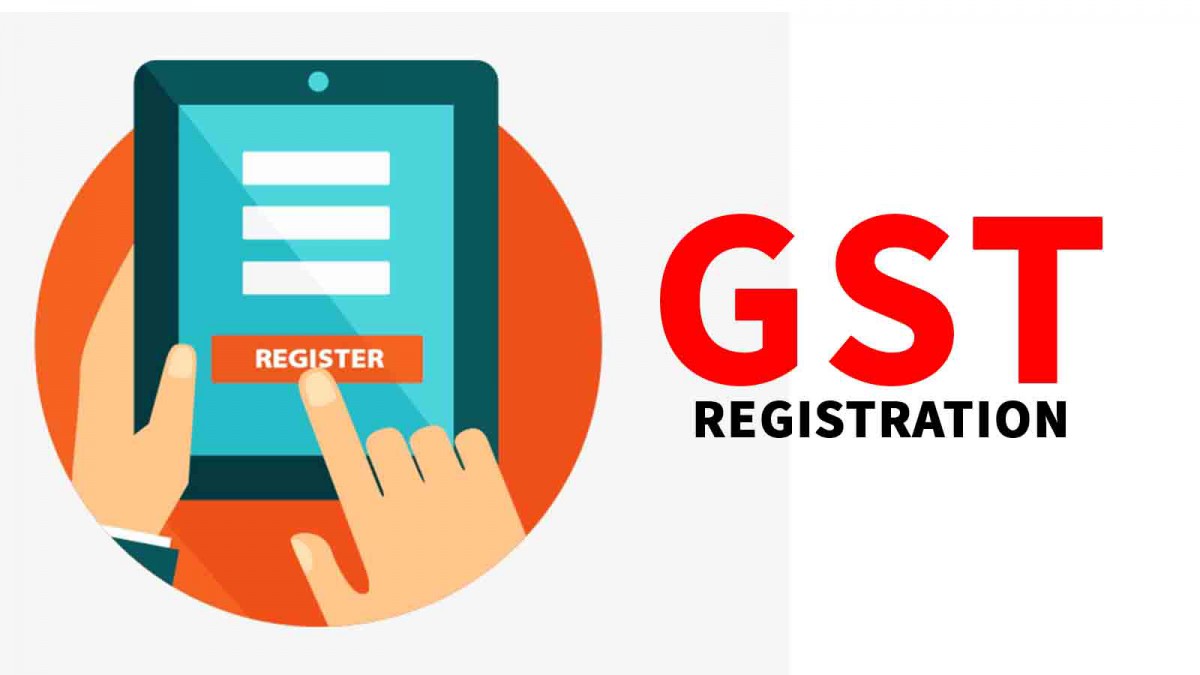GST Registration in India: Who Needs It and Why It’s Not So Scary

Hey there! If you’re running a business in India, big, small, or just a side gig, you’ve probably heard of GST. It’s the Goods and Services Tax that was introduced in 2017 to simplify things (or so they say).
Maybe it sounds like a headache but stick with me. I’ll walk you through who needs to register, who doesn’t, and why it might actually be a win for you. Plus, I’ll show you how www.one-startup.in can take the stress off your plate.
What’s GST All About?
GST is like a big umbrella tax that covers goods and services, replacing a bunch of older taxes like VAT and service tax. When you register, you get a special number called a GSTIN. It’s your business’s tax ID, letting you collect taxes from customers and claim back some of the taxes you’ve paid on stuff you buy for your business. Cool, right?
Here’s why it matters: if you’re supposed to register and skip it, you could be fined, potentially up to ₹25,000 or more. But even if it’s not required, signing up can save you money and make your business look more legit. Let’s figure out if it’s for you.
Who Has to Register?
The rules depend on your sales, the products you’re selling, and your location. Here’s the simple version, updated for 2025:
Your Sales (The Money Threshold)
- In most states, if you sell goods and make over ₹40 lahks a year, you need to register. For services, it’s ₹20 lakh.
- In special states (such as Assam Jammu & Kashmir), the limit is lower: ₹20 lakh for goods and ₹10 lakh for services.
“Sales” here means everything you earn from your business, taxable or not. So, if your handmade candle shop pulls in ₹45 lakh, you’re in.
No Choice, You’ve Got to Register
Some folks can’t dodge it, even with low sales:
- Selling to other states: Shipping products or services across state lines? You need to register.
- Online sellers: If you’re on Flipkart, Etsy, or your own site, registration is a must.
- Temporary setups: Selling at a fair or event with no fixed address? Register first.
- Foreign businesses: Based outside India but selling here? Yep, you too.
- Special tax cases: If your customers pay the tax directly, you still need to sign up.
If any of these fit you, it’s game on for registration.
Why Register Even If You Don’t Have To?
Say your sales are below the limit. You can still opt-in, and it might be smart. You’ll save on taxes by claiming credits, plus big clients love working with registered businesses. I know a guy who runs a tiny catering service; he registered early and landed a hotel contract because of it.
Who Gets a Free Pass?
Not everyone needs to deal with GST. Here’s who can skip it:
- Small business: Below ₹40 lakh (goods) or ₹20 lakh (services) in most states? You’re good unless you’re in a mandatory category.
- Farmers: Growing crops or raising chickens? No GST for you unless you’re selling taxable extras.
- Exempt stuff: Selling only things like fresh veggies, handmade fabrics, or tutoring services? You’re off the hook.
- Tax-free goods: Dealing in petrol or alcohol? GST doesn’t apply yet.
For example, a yoga teacher earning ₹15 lakh a year in Delhi doesn’t need to register as long as they’re not teaching online across states.
What’s New in 2025?
GST keeps evolving. Here’s what’s fresh this year:
- Aadhaar Check: Some businesses now need a quick biometric Aadhaar-based verification to register. It’s rolling out slowly and may or may not apply to you.
- Later Deadlines: You’ve got extra time to file your GSTR-1 and GSTR-3B forms, phew!
- E-commerce Crackdown: Online platforms that skip tax collection could face fines, effective since 2023.
- Disability Perk: New GST breaks on cars for people with disabilities is a recent introduction.
Why Bother with GST Registration?
It’s not just about avoiding trouble. Here’s what you gain:
- Tax Savings: Get back the GST you pay on supplies or equipment.
- Trust Factor: A GSTIN makes you look solid to customers and partners.
- Go National: Sell across India without extra red tape.
- Stay Safe: No fines or legal headaches if you’re compliant.
How Do You Sign Up?
It’s free and online; here’s the quick rundown:
- Hit up www.gst.gov.in, go to “Services,” “Registration,” then “New Registration.”
- Grab your PAN, Aadhaar, business address proof, and bank details.
- Submit, and an officer reviews it. You might need that Aadhaar verification.
- If all’s good, your GSTIN arrives in 2-6 days.
Pro tip: Keep a cancelled cheque and ID handy to speed it up.
Don’t Trip Over These Mistakes
- Losing Track: Watch your sales so you don’t miss the cutoff.
- PAN Mix-ups: Everything ties to your PAN, keep it straight.
- Ignoring Rules: Low sales don’t always mean you’re exempt.
- Skipping Early: Registering before you have to can make growth easier.
How One-Startup.in Makes It Easy
GST can feel like a maze, but www.one-startup.in has your back:
- Guides Who Get It: Our experts explain everything, step by step.
- Paperwork Done: We’ll sort your docs so you don’t have to.
- Keep It Going: Need help filing or figuring out exemptions? We’re here.
- Startup-Friendly: Solo or scaling, we’ve got plans for you.
- Wallet-Friendly: Affordable help that won’t drain your funds.
Pop over to one-startup.in for a free chat, we’ll handle GST while you focus on your business.
The Bottom Line
GST registration isn’t as daunting as it sounds. Whether it’s a must or a choice, it can save you cash, build trust, and keep you legal. With 2025 tweaks like Aadhaar checks and relaxed deadlines, it’s a perfect time to get sorted. And if you need a hand, www.one-startup.in is just a click away. Let’s tackle it together!